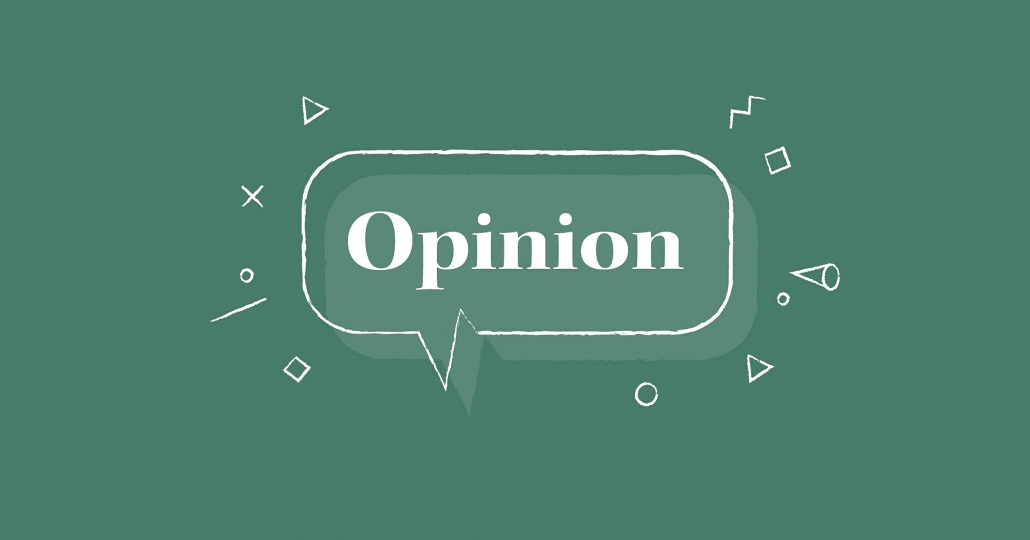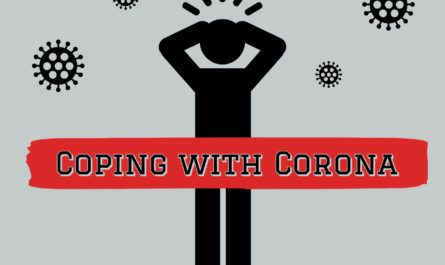Toxic masculinity, according to Bernard Golden, PhD writing for Psychology Today (Why Masculinity Doesn’t Have to Be Toxic | Psychology Today) is when a man is aggressive (not merely assertive), a control freak (as opposed to just cool and collected), dominating as opposed to competitive, and reckless rather than courageous. It can also manifest itself as hatred for certain groups.
Dr. Golden goes on to further state that toxic masculinity is pushed on younger men by the older generations in order to “preserve a positive self-image.” He also mentions that the phrase “Man Up” is almost innately a part of toxic masculinity due to the problem of it being connected to men being out of touch with their emotions and certain “macho” behaviors. Bernard further states that in order to find inner peace and positive sense of oneself, then one has to accept and acknowledge all aspects of him/herself. And, that masculinity does not mean being something you are not but expanding on your own self-identity and being assertive about what makes you a man.
In contrast, Michael Gurlan, also writing for Psychology Today, (Masculinity Is Not Our Enemy | Psychology Today) attributes masculinity to be something positive when defined as resilience, power, following good, stoicness when confronted by threats, and being “aggressive” (when used in terms of assertiveness and motivation). And, that masculinity cultures them into being husbands.
Mr. Gurlan writes “Masculinity, including traditional masculinity is an ontology in which a male of any race, creed, ethnicity, or kind commits to developing and exercising strength, perseverance, hard work, love, compassion, responsibility for others, service to the disadvantaged, and self-sacrifice.” All of those traits are traits that one hopes beyond all measure to possess in abundance.
Toxic masculinity, thus, would be paradoxical being that it hinders some of these traits from developing. Or, when there isn’t the right balance of the traits. The last two, service and sacrifice, are essential if a society is to stand on its own legs. Men must be prepared to be the upright defenders of those who cannot do so themselves and to be willing to make sacrifices for those around them up to an including the ultimate one of death, if and only if the situation calls for it. It would seem that Dr. Golden has a train of thought that belittling is a part of the toxic masculinity phenomenon. He also hints that this could be because of the insecurity of those parroting those macho phrases and attempting to control one’s life in fascist fashion.
Like if one were to take the drive of straight romantic attachment as an example. The positively masculine male would care about the other half and endeavor to treat her right and defend her. While, the “toxic” male would use and manipulate her for his own benefit and to brag about to his friends. The good man respects women and has their best interests at heart. The toxic man only cares about himself and the points he scores with the guys for getting physical with her. It is also essential, that the man be able to defend his significant other, family, and only himself.
Young men should be encouraged to tie the knot and have children with a suitable partner. And better society by being an example and building the integral family unit as opposed to slapping the nuclear family in the face by not partaking in it, purposefully. However, don’t rush it and don’t be yoked with someone you don’t yoke well with. One should strive to be a good man, not necessarily the most manly or macho man, but one should grow to take responsibility and be protective but not a control freak for example.
To all the young men reading this, don’t you want to be a good man? Then you can start by fostering and striving to maintain certain desirable masculine standards. Not too little, not taking it to the extreme, but having a good balance is key.
Works Cited
Golden, Bernard . “Why Masculinity Doesn’t Have to Be Toxic | Psychology Today.” Www.psychologytoday.com, Sussex Publishing, LLC, 30 Apr. 2022, www.psychologytoday.com/us/blog/overcoming-destructive-anger/202204/why-masculinity-doesnt-have-be-toxic. Accessed 29 Nov. 2023.
Gurlan, Michael. “Masculinity Is Not Our Enemy | Psychology Today.” Www.psychologytoday.com, Sussex Publishers, LLC, 24 Jan. 2019, www.psychologytoday.com/us/blog/the-minds-boys-and-girls/201901/masculinity-is-not-our-enemy#:~:text=Masculinity%20is%20a%20protective%20force%20against%20violence%2C%20not. Accessed 29 Nov. 2023.


 by
by 

